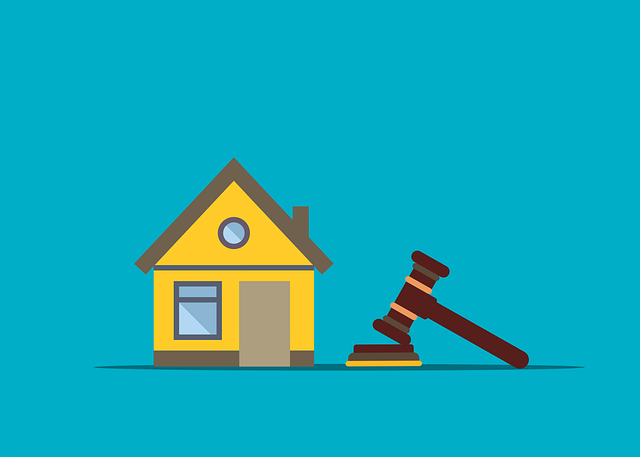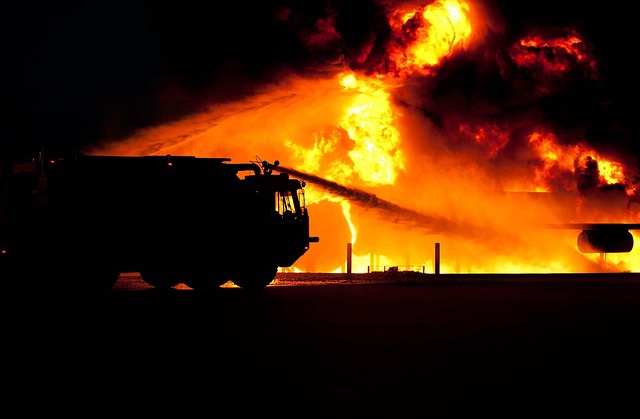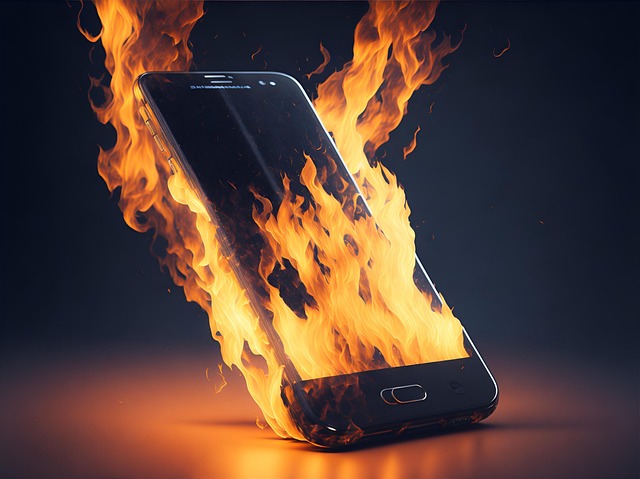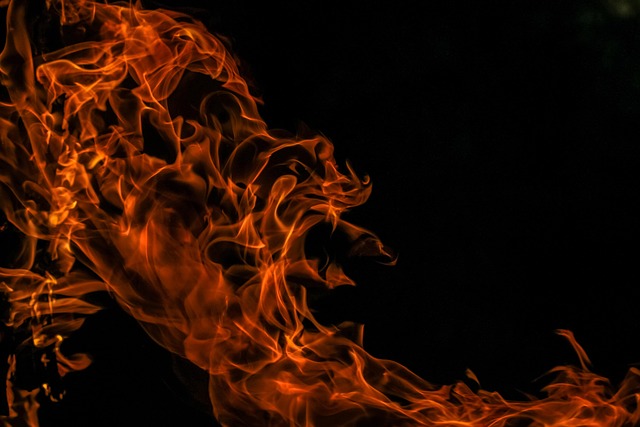Selling a fire-damaged home in Chicago involves adhering to stringent local regulations and inspections, crucial for transparency and efficiency. Homeowners must conduct thorough damage assessments, engage professionals for safety evaluations, and decide between repairs or demolition. Understanding Illinois' disclosure requirements and building codes is vital to avoid legal issues. For budget-conscious buyers, distressed properties offer opportunities, but careful inspection, tax considerations, and legal guidance are essential when navigating the unique challenges of purchasing and selling fire-damaged homes in Chicago.
“Illinois, particularly Chicago, has seen an uptick in distressed property sales, often involving fire-damaged homes. This article delves into the intricate process of buying and selling these properties, a unique challenge within the real estate market. We explore ‘selling fire damaged house Chicago’, understanding the legal framework, and uncovering benefits and challenges for both buyers and sellers. By navigating these complexities, investors can capitalize on opportunities while ensuring fairness and compliance.”
- Understanding Distressed Property Sales in Illinois
- The Process of Selling a Fire-Damaged House in Chicago
- Legal Considerations and Regulations
- Benefits and Challenges for Homebuyers and Sellers
Understanding Distressed Property Sales in Illinois

Distressed property sales in Illinois, particularly in cities like Chicago, refer to the sale of homes that have experienced significant deterioration or damage, often due to unforeseen circumstances such as fire, water damage, or neglect. These properties can be challenging to sell because of their unique conditions, which may require extensive repairs and renovations before they can attract potential buyers.
In Chicago, selling a fire-damaged house involves navigating specific regulations and processes designed to protect both buyers and sellers. Local laws often mandate inspections and disclosures related to the property’s condition, ensuring transparency in the transaction. Understanding these regulations is crucial for homeowners looking to sell distressed properties promptly, especially as market conditions can impact the ease and price point of such sales.
The Process of Selling a Fire-Damaged House in Chicago

Selling a fire-damaged house in Chicago involves a specialized process tailored to navigate the unique challenges posed by such properties. The journey begins with assessing the extent of damage, a crucial step that determines the scope of repairs needed and, consequently, the property’s value post-restoration. Homeowners should engage professional inspectors who can accurately evaluate structural integrity, identify hazardous materials like asbestos or lead, and assess potential mold growth—all factors that impact both safety and resale value.
Once the damage is assessed, a decision to repair or demolish becomes clearer. If repairs are feasible, contractors specializing in fire restoration take over, meticulously rebuilding and rejuvenating the house. This phase requires meticulous planning, adherence to building codes, and often involves extensive use of specialized equipment to mitigate risks associated with fire damage. Throughout the process, homeowners should stay informed about local regulations regarding distressed properties, as Chicago offers various incentives and programs designed to facilitate the sale of fire-damaged homes.
Legal Considerations and Regulations
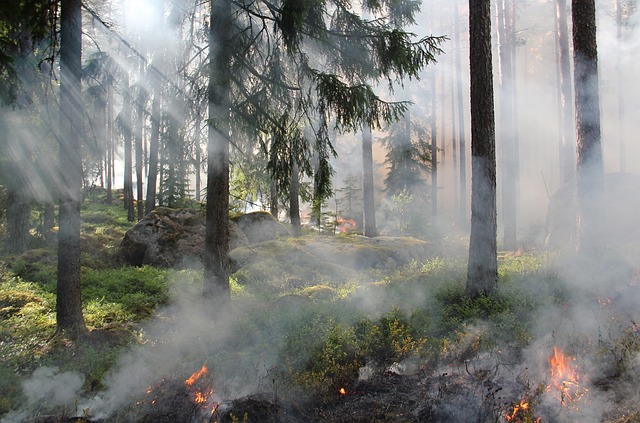
When considering a sale of a fire-damaged property in Chicago, it’s crucial to understand the legal landscape. Illinois has specific regulations governing such sales, designed to protect both buyers and sellers. These include disclosure requirements for any known damage or hazards, ensuring potential buyers are fully informed before purchasing. Failure to comply can lead to legal repercussions and financial penalties.
Additionally, there may be local building codes and zoning ordinances that must be adhered to during the renovation process if buying a fire-damaged house in Chicago. These regulations aim to maintain safety standards and neighborhood aesthetics. Sellers must provide accurate information about repairs made or needed, as misrepresenting the condition of the property can result in legal disputes down the line for buyers who later discover unforeseen issues.
Benefits and Challenges for Homebuyers and Sellers
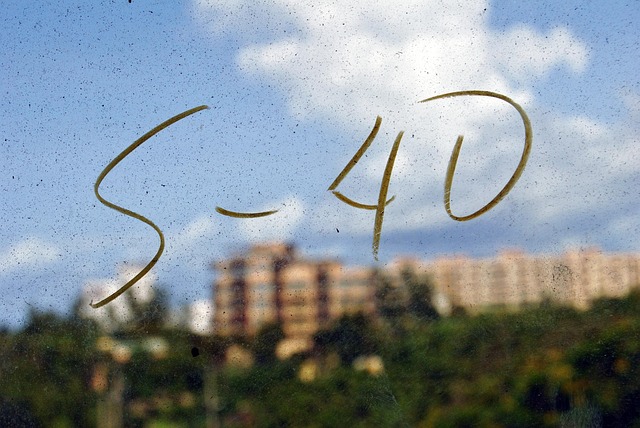
For homebuyers, distressed property sales in Illinois, including the opportunity to buy a fire-damaged house in Chicago, present unique advantages. These properties often come at significantly lower prices compared to traditional real estate listings, making homeownership more accessible for budget-conscious buyers. Additionally, distress can indicate potential renovation opportunities, allowing purchasers to customize and upgrade the property to their liking. This aspect is particularly appealing to those seeking to create a dream home or invest in a lucrative renovation project.
However, there are challenges associated with purchasing fire-damaged homes in Chicago through distressed sales. Sellers might be eager to offload the property quickly, leading to rushed transactions and potentially less transparency regarding the full extent of damage. As such, thorough inspections become crucial for buyers to avoid unforeseen costs and surprises during renovation. Furthermore, navigating legal and financial complexities, including tax implications and insurance issues, can add layers of difficulty to the buying process.
In conclusion, understanding distressed property sales in Illinois, particularly the process of selling a fire-damaged house in Chicago, involves navigating legal considerations and regulations. For homebuyers, these sales offer opportunities to acquire real estate at competitive prices, while sellers can quickly offload properties with potential challenges. When considering a sell fire damaged house Chicago, it’s crucial to weigh the benefits and challenges to make an informed decision that aligns with your financial goals and market conditions.
